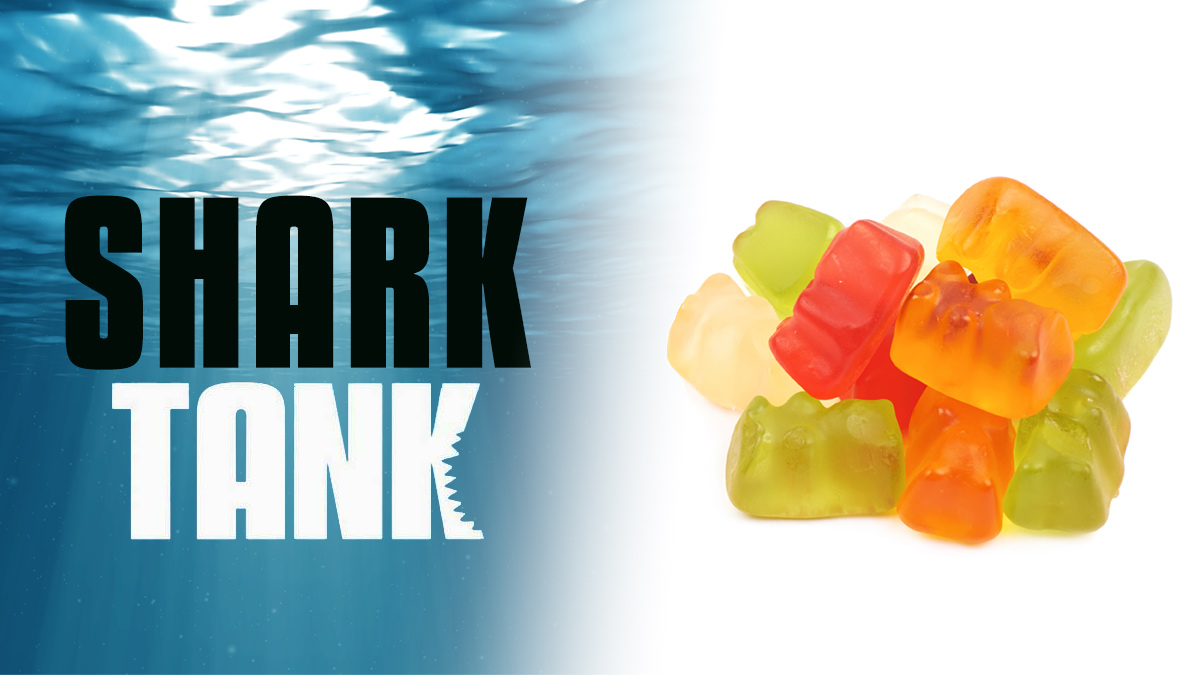The ‘Shark Tank’ gummies scam is a deceptive marketing tactic that fraudulently uses the branding of the popular TV show “Shark Tank” to mislead consumers. Many keto and weight-loss gummy products are falsely advertised as having been featured on the show, often using doctored images and fake testimonials from the show’s investors, like Lori Greiner or Mark Cuban. These ads trick buyers into thinking these products have credible endorsements.
How the Scam Works
These scammers cleverly use the allure of “Shark Tank,” claiming that the investors backed the products. Often, advertisements will show manipulated footage, creating a false impression that the gummies were pitched on the show and received investment. This approach lends credibility to the product and encourages unwitting consumers to purchase these gummies.
Moreover, the scammers amplify their reach using targeted ads on social media, which mislead audiences into believing in the legitimacy of these products. The ads also contain exaggerated claims, suggesting the gummies provide remarkable health benefits such as rapid weight loss or improved wellness, enticing potential buyers. Advanced AI tools are often used to generate realistic but fake testimonials and manipulate images, making the scam even more convincing. Scammers also utilize deepfake-style videos to create seemingly authentic endorsements, adding an extra layer of deception.
On March 14, 2023, an investigative piece by Snopes confirmed that several articles promoting Shark Tank Keto Gummies were completely fabricated to mislead readers into believing both the product’s effectiveness and its supposed endorsement by the show. This thorough debunking is an important reminder of the extent to which scammers will go to deceive potential customers.

Why This Scam Is Effective
The scam’s effectiveness lies in using “Shark Tank,” a trusted show with a reputation for showcasing innovative and successful products. Consumers associate products featured on the show with credibility, which is exactly what scammers exploit. By leveraging the trust and authority of “Shark Tank” and its well-known personalities, the fraudulent products attract more attention and ultimately more buyers.
Another contributing factor to the scam’s success is its use of urgency. The ads often highlight limited-time offers or exclusive deals, pushing consumers to make impulsive decisions without further verification. They also use fabricated quotes from well-known celebrities, which further boosts their appeal. Additionally, scammers often take advantage of popular search engines like Google, running ads that make these fraudulent products appear legitimate, even within trusted platforms.
Red Flags to Watch For
Consumers should look out for the following red flags to identify these scams:
-
Fake Endorsements: Claims that “Shark Tank” judges, like Kevin O’Leary or Barbara Corcoran, endorsed the product are false.
-
Manipulated Images or Videos: Ads featuring “Shark Tank” pitches or investor images are often fabricated using advanced editing techniques, sometimes powered by AI or deepfake technology.
-
Unrealistic Claims: Any product that promises rapid weight loss or “miraculous” health benefits should be viewed with skepticism.
-
No Verified Source: These gummies are not found on official websites or verified marketplaces for “Shark Tank” products.
How to Protect Yourself
To avoid falling victim to the “Shark Tank” gummies scam, always verify the product’s authenticity by cross-referencing with the official “Shark Tank” site or other trustworthy platforms. Be wary of products with overly aggressive marketing or unrealistic claims. Searching for independent reviews or visiting trusted consumer protection sites like Snopes or the FTC can help verify if a product’s claims are legitimate.
Official Responses
“Shark Tank” investors have publicly distanced themselves from any such weight-loss products. Mark Cuban, for instance, has made it clear that he’s never endorsed keto or weight-loss gummies, and victims have even reached out to him after being misled. Lori Greiner also advises consumers to be vigilant and always cross-check claims before buying. Oprah Winfrey, another popular figure falsely linked to such products, has even taken legal action against these scams, further highlighting their fraudulent nature.
Victims’ Stories
Unfortunately, many consumers have lost money by purchasing these scam products, believing they were investing in a reputable brand. Victims report spending large amounts on the gummies only to find them ineffective or, worse, to have their payment details compromised. The FTC and other consumer watchdogs have warned the public about these types of scams and urge those affected to report incidents. Many victims have also shared how these products appeared in Google ads, adding to their perception of legitimacy.
How to Report These Scams
If you suspect you’ve been targeted by a ‘Shark Tank’ gummies scam, it’s important to report it. You can submit a complaint to the Federal Trade Commission (FTC) through their official website (www.ftc.gov). Reporting helps authorities track scams and take action against those responsible.
Conclusion
The ‘Shark Tank’ gummies scam is a sophisticated scheme that preys on consumers’ trust in a beloved TV show. By staying informed and cautious, you can protect yourself from falling victim to these false endorsements and misleading health claims. Always verify the authenticity of any product, especially those that use popular names and shows to promote their effectiveness. Remember that scammers are increasingly using advanced AI and deepfake technologies, along with popular platforms like Google, to appear more convincing. Stay vigilant and protect yourself from becoming their next target.